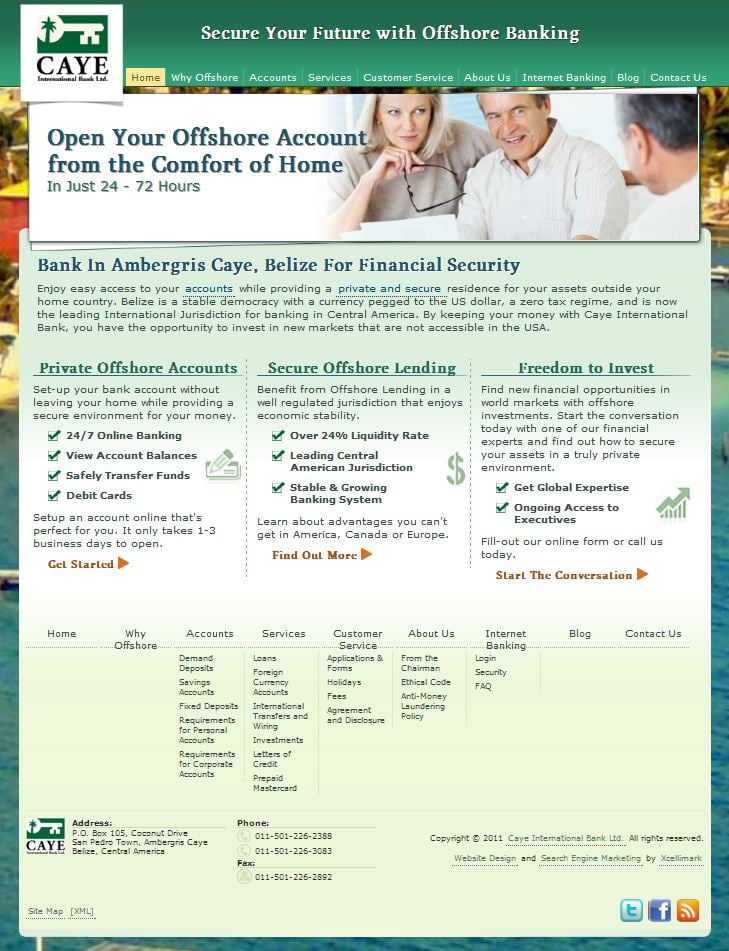Offshore Company Formation: Building Your Company Beyond Borders
Offshore Company Formation: Building Your Company Beyond Borders
Blog Article
Approaches for Cost-Effective Offshore Business Development
When considering overseas firm formation, the mission for cost-effectiveness comes to be a paramount worry for businesses seeking to broaden their procedures internationally. In a landscape where financial vigilance rules supreme, the strategies employed in structuring offshore entities can make all the difference in accomplishing economic efficiency and operational success. From navigating the complexities of jurisdiction choice to carrying out tax-efficient frameworks, the trip towards establishing an overseas visibility is raging with chances and difficulties. By exploring nuanced techniques that mix lawful conformity, economic optimization, and technological developments, services can get started on a course in the direction of overseas business development that is both economically prudent and tactically noise.
Picking the Right Territory
When establishing an offshore firm, choosing the suitable territory is an essential choice that can considerably impact the success and cost-effectiveness of the development process. The jurisdiction selected will establish the regulative framework within which the firm operates, affecting tax, reporting requirements, privacy legislations, and overall service flexibility.
When picking a jurisdiction for your offshore business, several variables have to be taken into consideration to make sure the decision straightens with your tactical objectives. One important aspect is the tax obligation regime of the territory, as it can have a significant effect on the company's earnings. Additionally, the level of governing compliance needed, the economic and political security of the territory, and the ease of working must all be examined.

Moreover, the track record of the territory in the international company area is important, as it can affect the assumption of your company by clients, companions, and economic institutions - offshore company formation. By thoroughly examining these factors and seeking expert recommendations, you can pick the best territory for your overseas firm that optimizes cost-effectiveness and supports your company goals

Structuring Your Company Successfully
To make sure optimum performance in structuring your offshore company, precise interest needs to be offered to the business structure. By developing a clear possession framework, you can ensure smooth decision-making processes and clear lines of authority within the company.
Next, it is vital to think about the tax obligation effects of the picked framework. Various territories use differing tax obligation advantages and rewards for offshore firms. By thoroughly analyzing the tax laws and laws of the picked territory, you can maximize your business's tax effectiveness and reduce unnecessary expenses.
Furthermore, keeping correct documents and documents is important for the effective structuring of your offshore business. By keeping current and precise records of financial purchases, business decisions, and conformity records, you can make sure transparency and accountability within the company. This not only helps with smooth operations yet likewise helps in showing compliance with regulatory needs.
Leveraging Innovation for Savings
Effective structuring of your overseas firm not just pivots on thorough focus to business structures yet additionally on leveraging technology for savings. One way to leverage technology for savings in overseas firm development is by using cloud-based solutions for information storage and cooperation. By integrating technology strategically into your offshore firm development procedure, you can attain substantial cost savings while improving operational effectiveness.
Minimizing Tax Responsibilities
Making use of tactical tax obligation planning strategies can successfully reduce the monetary burden of tax obligation liabilities for overseas companies. Furthermore, taking benefit of tax motivations and exceptions provided by the jurisdiction where the overseas firm is registered can result in significant cost savings.
An additional method to decreasing tax obligations is by structuring the overseas company in a tax-efficient way - offshore company formation. This entails thoroughly making the ownership and functional structure to enhance tax benefits. For example, establishing a holding company in a territory with desirable tax legislations can aid consolidate revenues and lessen tax direct exposure.
Additionally, staying upgraded on worldwide tax obligation laws and conformity needs is essential for minimizing tax obligation obligations. By making certain rigorous adherence to tax obligation regulations and laws, overseas companies can avoid costly penalties and tax disputes. Looking for specialist guidance from tax obligation experts or lawful professionals concentrated on global tax obligation issues can likewise offer important insights into effective tax obligation preparation methods.
Making Certain Conformity and Danger Mitigation
Implementing durable compliance actions is crucial for address overseas business to reduce risks and keep regulative adherence. Offshore jurisdictions often encounter boosted examination due to problems relating to money laundering, tax obligation evasion, and various other financial crimes. To ensure conformity and reduce threats, offshore firms must conduct thorough due persistance on clients and organization partners to avoid participation in illicit tasks. Additionally, applying Know Your Customer (KYC) and Anti-Money Laundering (AML) treatments can help validate the legitimacy of deals and safeguard the business's reputation. Routine audits and reviews of monetary documents are essential to recognize any type of abnormalities or non-compliance issues immediately.
Additionally, remaining abreast of transforming regulations and legal demands is crucial for overseas firms to adjust click reference their conformity practices accordingly. Engaging legal professionals or conformity experts can give valuable guidance on navigating complex regulatory landscapes and guaranteeing adherence to worldwide requirements. By focusing on conformity and danger mitigation, offshore business can improve transparency, build count on with stakeholders, and protect their operations from prospective legal consequences.
Final Thought

Making use of critical tax obligation preparation strategies can effectively decrease the monetary problem of tax obligation responsibilities for overseas firms. By dispersing earnings to entities in low-tax territories, overseas business can lawfully reduce their overall tax obligations. Additionally, taking advantage of tax incentives and exceptions supplied by the territory where the offshore company is registered can result in substantial financial savings.
By making certain rigorous adherence to tax obligation legislations and policies, offshore firms can stay clear of pricey charges and tax disputes.In verdict, cost-efficient overseas company formation calls for cautious consideration of territory, reliable structuring, technology application, tax obligation minimization, and conformity.
Report this page